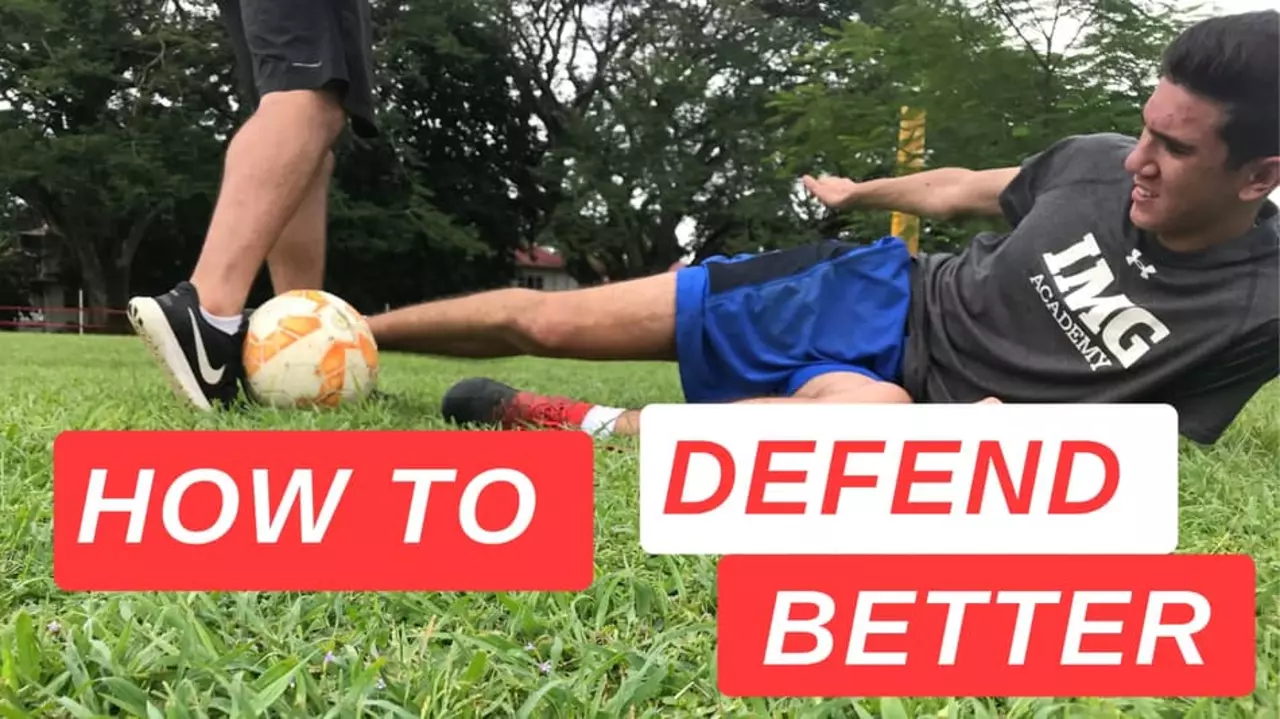Sports & Fitness: Practical Tips to Up Your Soccer Game
Ever wonder why some players seem to get better every season while others stall? The difference isn’t magic—it’s a mix of smart training, solid fitness, and a clear mindset. On this page we break down the most effective habits you can start today, whether you’re playing in a park or chasing a pro contract.
Boost Your Technical Skills
The ball is your partner, so treat it like one. Spend 15‑20 minutes a day on simple drills: juggling to improve touch, cone‑weave passing to tighten accuracy, and shooting from different angles to build confidence. Keep the intensity up – use both feet, vary the speed, and aim for quality over quantity. These micro‑sessions add up and will make you feel more comfortable under pressure.
Speed, Agility and Strength
Speed isn’t just about sprinting; it’s about exploding off the line and changing direction fast. Sprint intervals (30 seconds hard, 30 seconds walk) three times a week sharpen your acceleration. Add ladder drills or cone shuffles to boost footwork. For strength, focus on compound moves like squats, lunges, and deadlifts. Light to moderate weights with higher reps (12‑15) improve endurance without bulk that could slow you down.
Mental sharpness matters as much as the physical side. Spend a few minutes after each training session visualizing successful plays – picture the pass, the run, the finish. Review a professional match or your own game footage and note the patterns you missed. Over time you’ll start anticipating opponents’ moves before they even make them.
Endurance keeps you effective for the full 90 minutes. Mix long‑slow runs (20‑30 minutes at a conversational pace) with high‑intensity interval training (HIIT). The long runs develop a steady aerobic base, while HIIT mirrors the stop‑start nature of a match. Aim for three cardio sessions per week and you’ll notice less fatigue late in the game.
Communication on the field is a hidden performance booster. Practice short, clear calls like “man‑on”, “switch”, or “press”. Pair drills with a teammate where you must shout instructions while playing. Good talk not only prevents mistakes but also builds trust, making the whole unit tighter.
Putting it all together can feel overwhelming, so try a simple weekly schedule: Monday – technical drills; Tuesday – sprint intervals + strength; Wednesday – rest or light jog; Thursday – agility ladder + mental review; Friday – small‑sided game focusing on communication; Saturday – long run or HIIT; Sunday – rest. Adjust as needed, but keep the routine consistent.
Ready to give your game a real lift? Pick one drill from each section and add it to your next training day. Small, regular actions beat occasional big pushes every time. Join the conversation on Hero Soccer Central to share your progress and pick up new ideas from fellow fans.
What are some tips for improving as a soccer player?
Soccer is a challenging sport that requires both physical and mental agility. Improving as a player requires dedication and practice. Here are some tips to help you become a better soccer player: 1) Improve your technical skills by practicing ball control, passing, and shooting drills; 2) Increase your speed and agility with running and plyometric drills; 3) Develop your mental game by visualizing successful plays, studying the game, and learning to anticipate the actions of your opponents; 4) Increase your strength and endurance with weight training and conditioning exercises; and 5) Develop good communication skills and work as a team. With dedication and practice, you can improve your skills and become a better soccer player.
